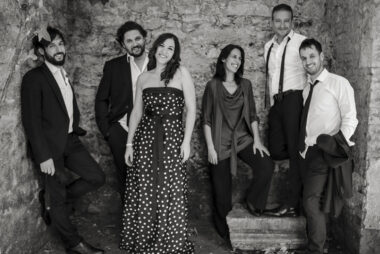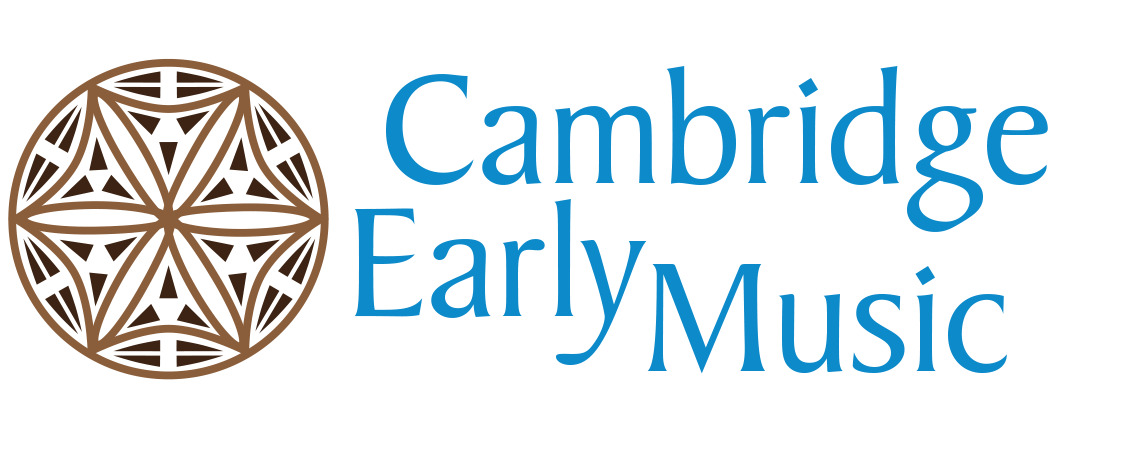Members from Forma Antiqva tell us what to expect from their concert: ‘Farándula Castiza: Madrid, the melting pot’ on 14 May

Tell us about how the ensemble was formed
Forma Antiqva is a project of three brothers: Aarón, Daniel, and Pablo Zapico. In this familial context, we have worked tirelessly for a long time to develop a consolidated activity as a group. Our personal experience, the trajectory of each of us, has been poured into this family project, which now celebrates 25 years of uninterrupted activity. Something that characterizes us is that we have always been very original and daring in the elaboration of artistic proposals, and the critics have recognized us as such. We are fortunate to have such a recognized and award-winning project, and even more so to have been able always to count on top-level musicians to complete our lineups.
What can the audience expect from ‘Farándula Castiza: Madrid, the melting pot’?
Madrid, mid-18th century: a cultural centre, melting-pot of sainetes, tonadillas and overtures. The corrales and coliseos ignite the sparks of passions and affections in a perpetual bustle. The scene is the street; the action, life itself! Madrid is the sharing and exchanging of traditions, fashions and styles. It is amazement and awe. Above all, Madrid is a state of mind.
In this context of intense musical creativity, the openness to other styles and the influence of teachers and musicians, especially Italians, in our orchestras, is contrasted in a most Baroque dichotomy with the love, expansion and general praise of our repertoire. Of our own style. Of the authentic, one might say. The bright and daring language of the violin is embraced, musical forms are adapted to the pace of speech, and the music of our country reaches a level of excellence, dissemination and care never seen before. Italian influence and wise coexistence are the key to this triumph.
How might one provide a soundtrack to this setting, to these newly illuminated narrow streets? Perhaps by borrowing from stage music, from showbusiness. By appropriating what was heard and cheered in courtyards and halls, stages and squares. From the Fandango danced a thousand times to the dramatic Overture that announces a well-staged plot; from the French-influenced Symphony and that in more local style to the transalpine Allegro. The famous composers are present here: Nebra, Conforto and Corselli; so too are some more recent discoveries and unexpected surprises: Baset, Castel and Mele.
The more than twenty years of Forma Antiqva’s existence have witnessed a continuous trickle of heritage recovery. Little by little, the duty towards our music has infiltrated deeply, and projects are happening in the most varied ways. Tonadillas by Blas de Laserna, an Italian-style opera by Literes, cantatas by Durón or, more recently, symphonies by Baset are just some examples of this already considerable corpus of music, tested in all possible scenarios; one that represents an experience and knowledge of what is ours, of immense value. Worthy of a proud claim.
What’s been your personal favourite concert the ensemble has given?
It’s very difficult to choose just one concert, but one that particularly thrilled us was the one we offered at The Frick Collection in New York. It was in March 2018, with one of the most important voices in our country, Carlos Mena, a musician with whom we have a close personal and professional relationship. Additionally, we must highlight a concert tour around the world that was truly special. We were able to present our Concerto Zapico trio program, in the most familiar format of the three brothers, in Australia, Singapore, Japan, China, Peru, Bolivia, Brazil, and many more international locations. It was truly exciting.
Looking back at something closer to home, we offered the Participatory Messiah (Handel) at La Caixa Foundation in December 2022. This is one of the most important concerts in Spain, bringing together hundreds of amateur choir members with professional orchestras. We filled the National Auditorium of Music (in Madrid) with over 600 musicians at the same time. Undoubtedly, this was one of the pinnacles of our experience and career with the group.
Do you have links to Cambridge?
For now, we don’t have links to Cambridge, but we would love to. Undoubtedly, nothing would make us happier than going every year to offer some of our very diverse programs. In the meantime, we are looking forward to meeting the audience in Cambridge and offering them our successful program, Farándula castiza.
